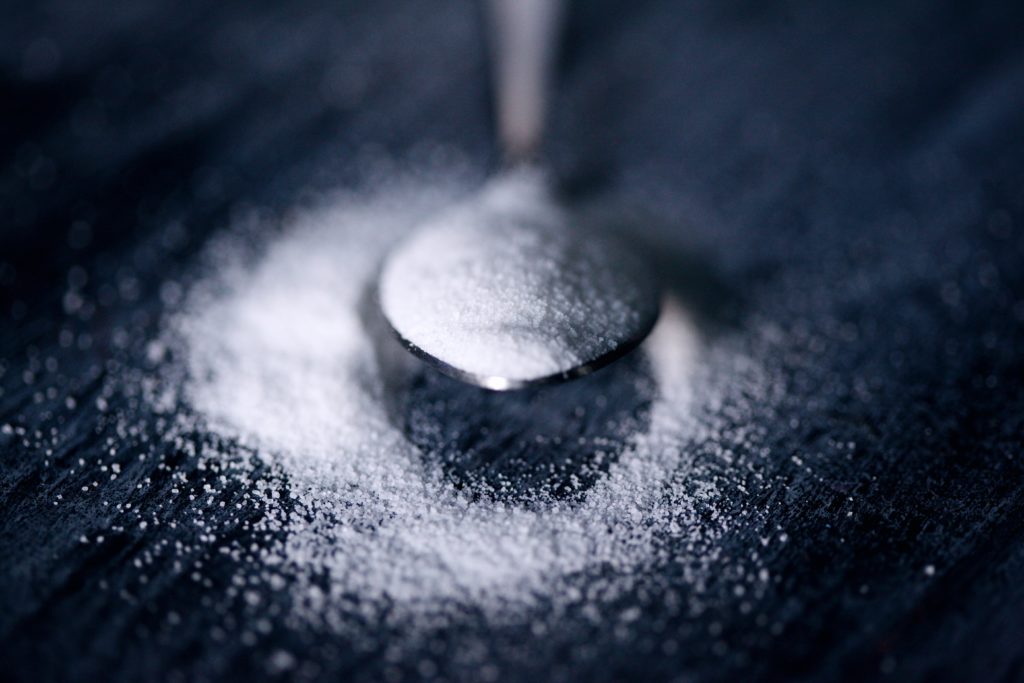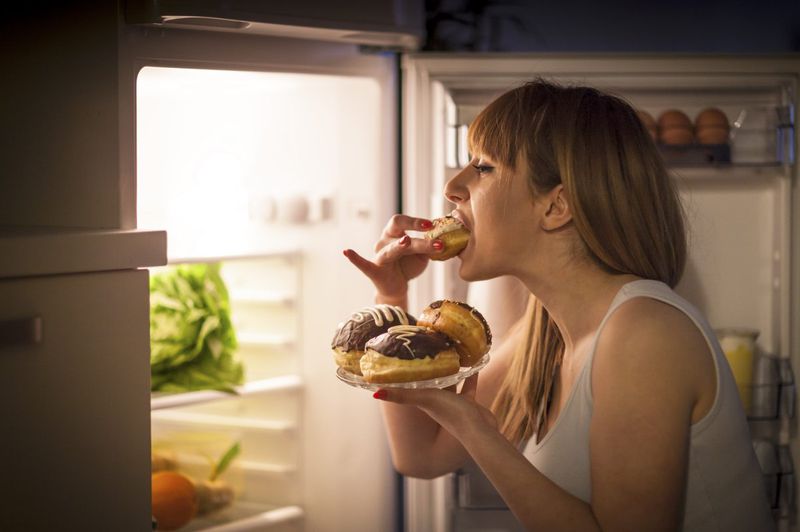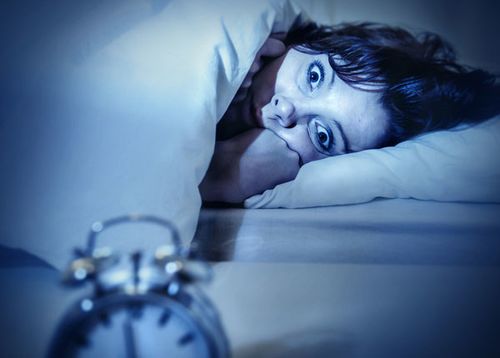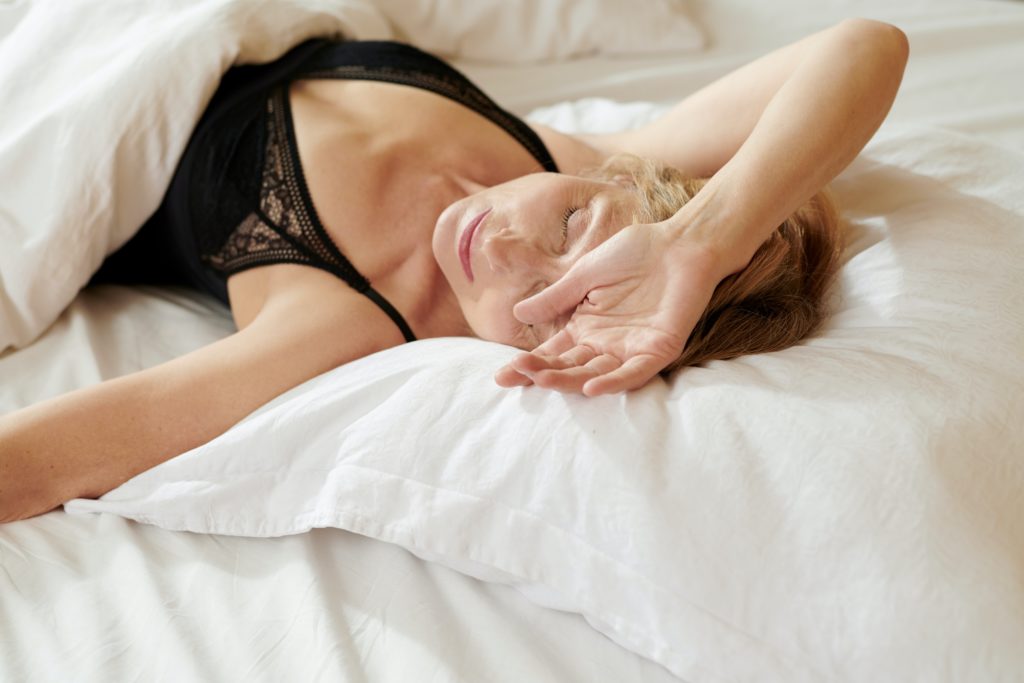The holidays are quickly approaching, and with that comes all sorts of sugar-filled goodies. Don’t get us wrong; we love indulging in a sweet treat here and there. But, it can be easy to lose track of how much sugar you’re eating around the holidays. In fact, the average adult American consumes 77g of sugar every day, which is much higher than the recommendations set by the American Heart Association: 25g a day for women, and 36g for men (1). All that sugar can lead to weight gain, diabetes, and (you guessed it) sleep issues. We want to help you understand the link between sugar and sleep. That way you can get the best rest possible this holiday season!

How Does Sugar Affect Sleep?
Sleep health can be a complicated subject because there are so many different things that can affect how well we sleep at night. Sugar is so detrimental to our sleep health because it involves a few other things related to sleep.

Sugar and Sleep Disorders
Sleep disorders are defined as health conditions or patterns that negatively affect sleep health. Studies show that people with a diet high in sugar are also more likely to develop sleep disorders (2). Some of the more common conditions being restless leg syndrome, sleep apnea and sleep paralysis. If you already have a diagnosed sleep disorder or have a history of sleep disorders within your family, it may be best to cut back on your sugar intake. This will ensure you aren’t making things harder for yourself.
Sugar Will Wake You Up
You know that feeling when you’re deep asleep, and then for no reason whatsoever, you just jump awake. And worse, then you can’t get back to sleep after that. We sure do, and did you know that sugar might be what’s behind it! Recent data from the National Sleep Foundation shows a strong relationship between eating sugar and the number of times you wake up from your sleep (3). While you may be able to fall asleep after being woken up, your sleep quality will suffer – which is why it is essential to pay attention to how you are sleeping at night.

Sugar Throws Off Your Internal Clock
We’ve talked here before about the importance of your internal clock, or circadian rhythm. This “clock” sends and receives different signals in the body. The signals then tell your brain when it’s time to go to sleep. Eating a high amount of sugar has been found to disrupt a few of the signals that keep your circadian rhythm running on-time. Sugar causes a delay in the circadian rhythm because the body temperature takes longer to drop when going to sleep, and it also slows the release of melatonin (4). These are both critical components of falling asleep, which is why sugar causes your body to take longer to fall asleep than usual.
Top Tips for Good Sleep
We know that it’s unlikely that you will remove sugar from your diet altogether, but if you think sugar might be messing with your sleep health, there are ways you can help make it better. If you can’t cut out sugar, then try and change the time you eat it. Experts believe that one should stop eating food, especially sugar, up to 2 hours before sleeping to allow blood sugar time to stabilize (5). For those who are willing to, try replacing your sugary snacks with whole foods (mainly those high in fiber). This will prevent spikes in blood sugar that are known to disrupt sleep. You can also try to turn down your room temperature because the body needs to lower temperature to sleep.



